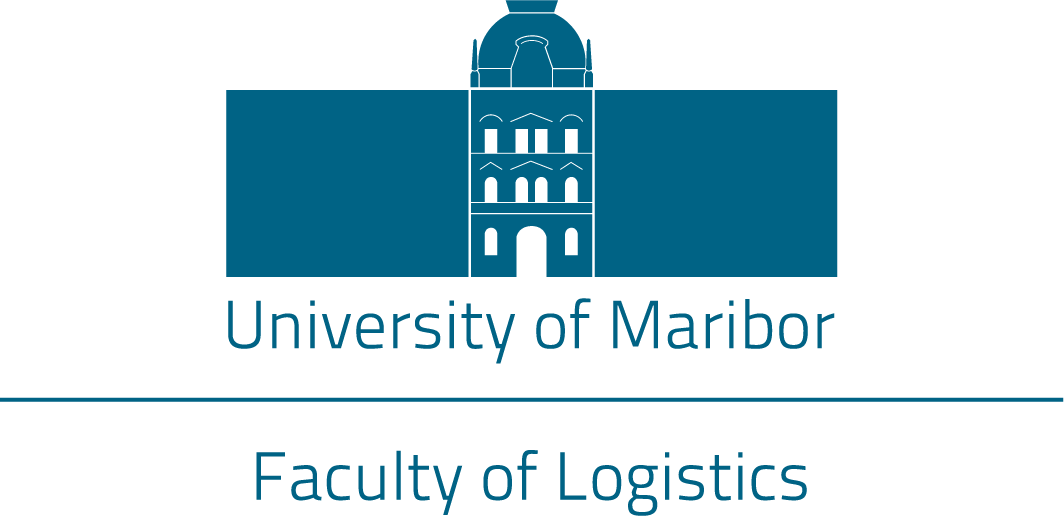Agrarian tourism as logistical support for the sustainability of the natural and cultural heritage of Slovenia and Republika Srpska
Project name: Agrarian tourism as logistical support for the sustainability of the natural and cultural heritage of Slovenia and Republika Srpska
Project client: ARIS Public Agency of the Republic of Slovenia for Research and Innovation
Time frame: 1/1/2024 – 31/12/2025
Project coordinator: UM Faculty of Logistics
Participating organizations: University of Banjo Luka, Faculty of Science
Brief summary of the project:
The project represents an excellent starting point for further joint cooperation at the bilateral as well as at the European level. In the first phase, the topic of the project is derived from the perceived needs faced by Slovenia and Republika Srpska (BiH): aging population, reduction of the number of rural residents at the expense of urbanization, mass tourism experiences, dealing with climate change, which is the result of inadequate use of natural and cultural resources. Agrarian tourism, which has adequate logistical support, based on the principles of sustainability, is an excellent starting point, which can simultaneously make a significant contribution to a partial solution to the mentioned problems, if it is properly strategically managed, planned and based on examples of good practice that they have both countries under the necessary condition of adequate logistical support. The results of bilateral cooperation can represent an important part of future cooperation at the European level, which began in 2023 with the establishment of the CEEPUS network entitled “Tourism and Agriculture Sustainable Alliances – #TASA network”, in which 16 countries of Central and Eastern Europe participate both institutions. Within the framework of the network, regular meetings of the coordinators are planned, which can contribute to the expansion and applicability of the results of the bilateral project outside the participating institutions and at the European level. The long-term goals of the cooperation in the light of the development of sustainable competences in the field of education lie primarily in the fact that, through project cooperation, indirectly identify currently missing knowledge in rural communities, differences in the views and positions of various stakeholders in the sustainable development of rural areas and agrarian tourism, and identify opportunities for further training in in the light of the current development of short-term evaluated training (micro-evidence) in the field of sustainability and the need to establish new joint study programs based on perceived needs and project results.

